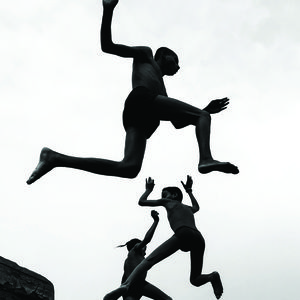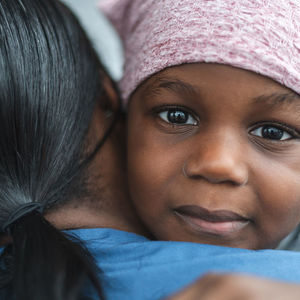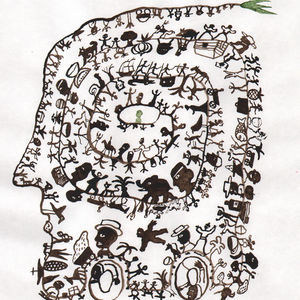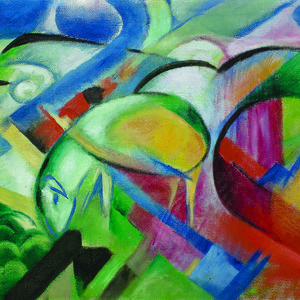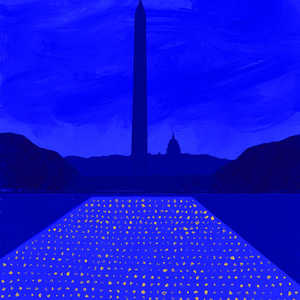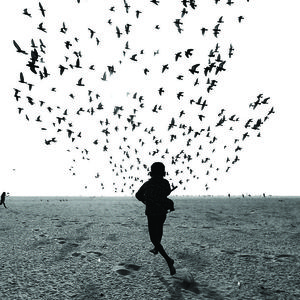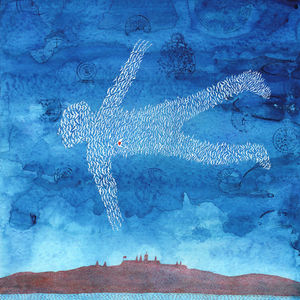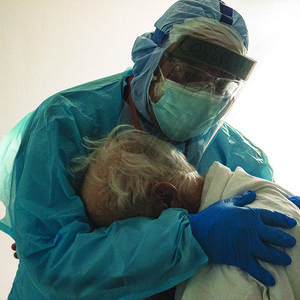- Doing Good
- Goodness Gracious
- Pain Relievers
- Call It Human Nature
- Storylines
- The Sickness Swing
- The Sound of Sublime
- Moving Pictures
- Body Language
- A Quiet Incarnation
- Giving Upward
- Dauntless Luminescence
- The Shining Joy of Falling Flat on Your Face
Many Americans who travel to Cuba bring gifts, a reflection of the understanding that life for ordinary Cubans is an endless loop of deprivation and challenge. Coffee is always appreciated, as are AA batteries, car parts and other things that are common here yet hard to find there. But far and away the item on top of almost every Cuban’s wish list is ibuprofen.
The intense yearning for this cheap, generic drug may seem strange given the reputation of Cuba’s socialized health care. Their medical system has admirable aspects, especially the emphasis on prevention that is enforced by a vast network of local doctors, one every few blocks.
But as it says on the bottom of every prescription that Cuban doctors write, “Health services in Cuba are free but they COST.” And with the miserable condition of Cuba’s economy, a situation worsened by chronic inefficiencies and poor management, the island nation simply hasn’t had enough money to keep its health care system healthy for quite some time. Hospitals contend with outdated equipment and chronic shortages. The shelves in government-run pharmacies are perpetually empty, and even the most basic over-the-counter drugs, like ibuprofen, are scarce.
When I last traveled to Cuba, just weeks before COVID-19 entombed the country under layers of precaution and paranoia, I brought along bottles of ibuprofen for the people who had opened up their lives to me as I researched a book on how ordinary Cubans live inside an interminable revolution. I’ve come to know these people very well over more than three years as I’ve listened to their stories, and I know that, for them, ibuprofen can be an elixir of life.
Although the pandemic has prevented me from returning to Cuba, I have stayed in touch through email and WhatsApp, the internet-based telephone service that many Cubans use. “Thank God for your ibuprofen,” my friends have told me. Not only had they been able to relieve their own aches and pains, but to my surprise they said they had given away most of the treasured caplets to their extended families, worshipers at their churches, friends, neighbors and even friends of friends and neighbors of neighbors.
The self-preservation instinct is natural to us all, the compulsion to take care of our own whenever the need arises. But even though these Cubans have no idea when the pharmacies will be replenished, or when — or even if — I might be able to return with more ibuprofen, today seems to be inestimably more important to them than tomorrow. As Maria del Carmen, a retired chemist who lives on a $1-a-day pension, told me, “If I have it, and I’m not using it right now but someone else needs it, I can’t say no.”
Studies show time and again that those who have less give more. In theory, it is their own suffering that makes them more compassionate and leads them to want to take care of others even when their own needs are so great. For Maria del Carmen, as well as for Caridad, Arturo, Pipo and Lili, neighbors in the Cuban town I wrote about, the notion of keeping their treasured ibuprofen to themselves in case they need it in the future is simply beyond imagining.
Whenever I see our supermarket shelves stripped of toilet paper or read signs limiting purchases of Lysol and hand sanitizer, the selflessness of Cubans seems to shine brighter still.
Anthony DePalma, a former correspondent with The New York Times, is author of The Cubans: Ordinary Lives in Extraordinary Times.
